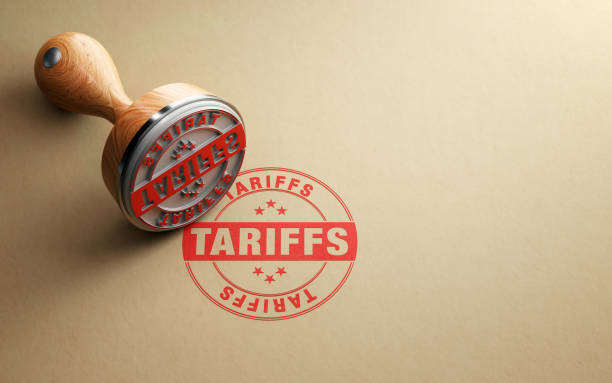President Donald Trump’s threats to impose tariffs on semiconductors and alter government contracts with chipmakers may hinder U.S. competitiveness in AI research, the Associated Press reports. Trump has also criticized the CHIPS and Science Act, a law aimed at boosting U.S. chip manufacturing.
Experts warn that such actions might drive up costs for consumers and businesses, particularly in industries reliant on chips, like smartphones and automobiles. The CHIPS Act has been seen as pivotal in securing investments to reduce reliance on Asian chipmakers and increase U.S. chip production.
The Biden administration helped shepherd in the law following supply disruptions that occurred after the start of the COVID-19 pandemic when a chip shortage stalled factory assembly lines and fueled inflation and threatened to plunge the U.S. economy into recession. At the time, lawmakers also said they were concerned about efforts by China to control Taiwan, which accounts for more than 90 percent of advanced computer chip production.
As of August 2024, the CHIPS and Science Act had provided $30 billion in support for 23 projects in 15 states that would add 115,000 manufacturing and construction jobs, according to the Commerce Department. That funding helped to draw in private capital and would enable the U.S. to produce 30 percent of the world’s most advanced computer chips.
The administration promised tens of billions of dollars to support the construction of U.S. chip plants and reduce reliance on Asian suppliers, which Washington sees as a security weakness, Inside Towers reported. In August, the Commerce Department pledged to provide up to $6.6 billion so that Taiwan Semiconductor Manufacturing Co. (TSMC) could expand the facilities it’s already building in Arizona and better ensure that the most advanced microchips are produced domestically for the first time, reports the Associated Press.
But Trump has said he believes that companies entering into those contracts with the federal government, such as TSMC, “didn’t need money” in order to prioritize chipmaking in the U.S. “They needed an incentive. And the incentive is going to be they’re not going to want to pay a 25, 50 or even 100 percent tax,” Trump said, according to the Associated Press.
TSMC held board meetings for the first time in the U.S. last week. Trump has signaled that if companies want to avoid tariffs they have to build their plants in the U.S. without help from the government. Taiwan also dispatched two senior economic affairs officials to Washington to meet with the Trump administration in a bid to potentially fend off a 100 percent tariff Trump has threatened to impose on chips.
Saikat Chaudhuri, an expert on corporate growth and innovation at U.C. Berkeley’s Haas School of Business, called Trump’s characterization of the CHIPS Act surprising because one of the biggest bottlenecks for the advancement of AI has been chip production. Most countries, Chaudhuri said, are trying to encourage chip production and the import of chips at favorable rates. If the Trump administration does levy tariffs, Chaudhuri said, one immediate concern is that prices of goods that use semiconductors and chips will rise because the higher costs associated with tariffs are typically passed to consumers. “Whether it’s your smartphone — probably also your smart features of your car — anything and everything we use nowadays has a chip in it,” he said. “For consumers, it’s going to be rather painful. Manufacturers are not going to be able to absorb that.”
By Leslie Stimson, Inside Towers Washington Bureau Chief





Reader Interactions